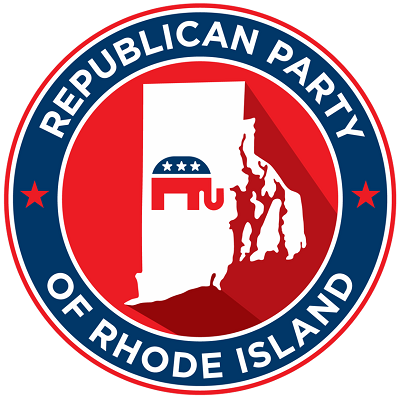AN EMERGENCY DOESN’T END OUR CONSTITUTIONAL DEMOCRACY

At the request of Governor Gina Raimondo, the Disaster Emergency Funding Board is meeting to potentially authorize the state to borrow $300 million from private sector entities.
The Disaster Emergency Funding Board consists of four members: House Speaker Nicholas Mattiello, Senate President, Dominick Ruggerio, Senate Finance Committee Chairman William Conley and House Finance Committee Chairman Marvin Abney.
The Rhode Island’s Constitution (Article 6, Section 16, Section 17, and Section 21) places significant restrictions on the ability to incur debt without voter general. At this time, Rhode Island’s Rainy-Day Fund is approximately $200 million.
R.I. Republican Party Chairman Sue Cienki commented: “The Disaster Emergency Funding Board cannot ignore the state constitution’s restrictions on debt. In general, under Article 6, Section 16, debt cannot be incurred without voter approval except in time of war.
If Rhode Island needs to issue a tax anticipation notes, it can follow Article 6, Section 17 of the State Constitution. If Rhode Island needs to use its Rainy-Day Fund, which is approximately $200 million, it can follow Article 9, Section 17 of the State Constitution. Under our form of government, it is the voters not a handful of State House politicians who decide Rhode Island needs hundreds of millions in debt. There are constitutional ways to get through this crisis.”
Cienki concluded: “There is no need for the Disaster Emergency Funding Board to vote to borrow money. In Washington D.C., Congress meets and votes on important legislation to get us through this crisis.
If necessary, our General Assembly should quickly convene and vote on any legislation needed to get through Rhode Island through this crisis. To prevent our constitution from being violated, we are considering legal action to prevent the Disaster Emergency Funding Board from borrowing funds from any private sector entity without voter approval.
A public health emergency doesn’t end our constitutional democracy.”
